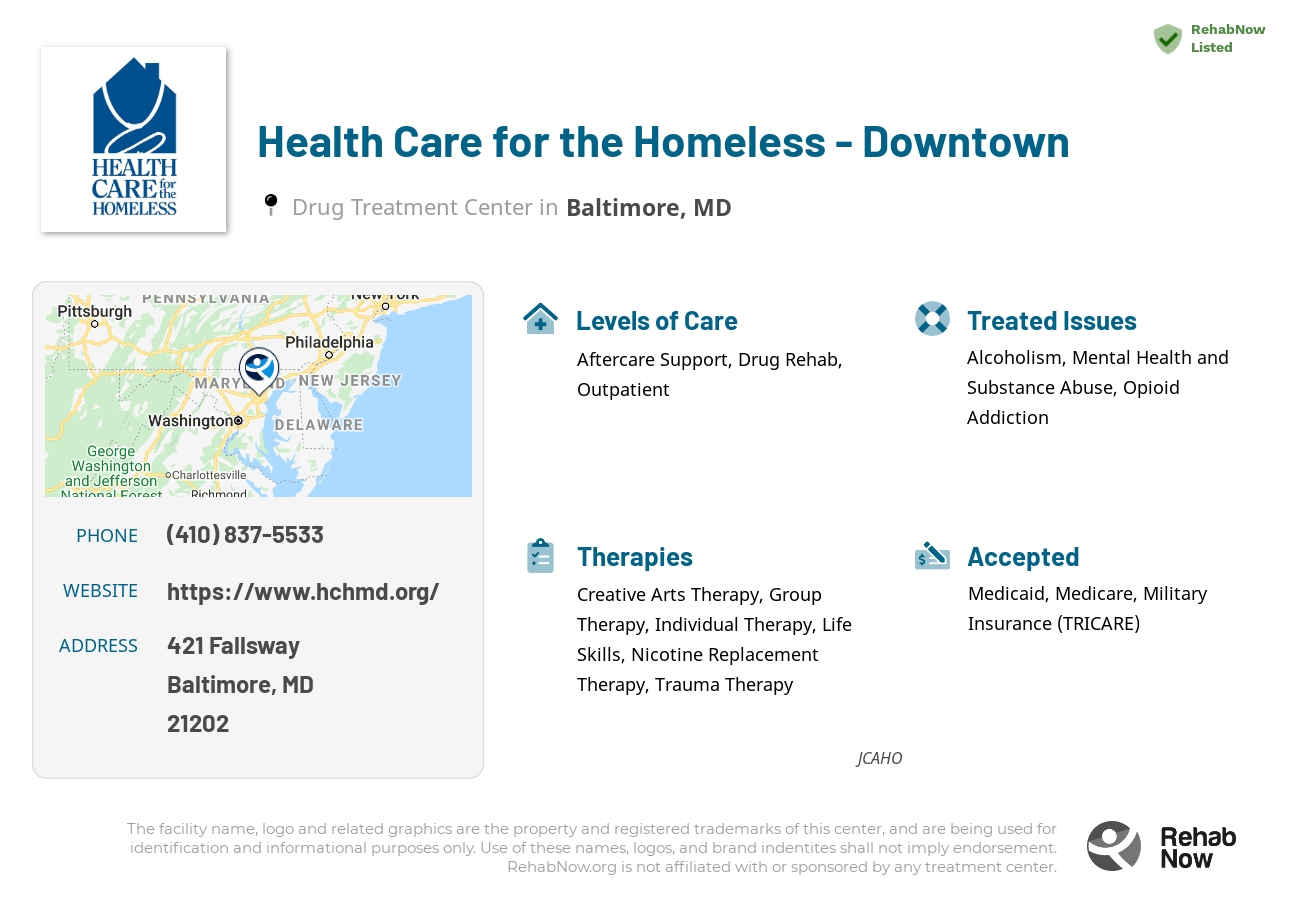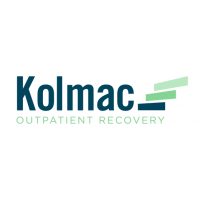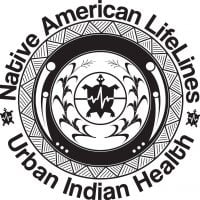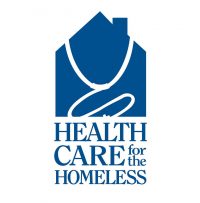
Health Care for the Homeless - Downtown
Drug Rehab Center in Baltimore, Maryland
- Opioid Addiction
- Dual Diagnosis
- Drug Addiction
- Alcoholism
Downtown is an accredited addiction treatment center in Baltimore with a wide range of care levels available, including outpatient and inpatient rehab programs, to help people achieve sobriety. It provides aftercare support and has a successful history in addiction recovery.
About Health Care for the Homeless - Downtown in Maryland
Health Care for the Homeless - Downtown is an accredited Alcoholism, Dual Diagnosis, Opioid Addiction, and Drug Addiction Treatment Facility located in Baltimore, MD. The facility holds a certification from the Joint Commission on Accreditation of Healthcare Organizations (JCAHO), ensuring that they meet the highest standards of care. Health Care for the Homeless - Downtown offers a range of services for individuals suffering from addiction and substance abuse. Their tailored treatment programs cater to those battling alcoholism, dual diagnoses, opioid addiction, and drug addiction. With a focus on providing comprehensive and personalized care, the facility offers various levels of care, including aftercare support, outpatient treatment, and drug rehab services.
The facility provides a wide array of services to address addiction and substance abuse. Individuals seeking help can access their treatment programs that specifically target alcoholism, dual diagnoses, opioid addiction, and drug addiction. Health Care for the Homeless - Downtown understands that each patient's needs are unique, and therefore, they provide personalized and comprehensive care to ensure the best possible outcomes. Their services include aftercare support to assist patients in maintaining their recovery, as well as outpatient treatment programs that offer flexible options for those who cannot commit to inpatient care. For individuals requiring more intensive treatment, the facility also offers drug rehab services to support their journey towards sobriety.
Genders
Ages
Modality
Additional
Accreditations

JCAHO
Conditions and Issues Treated
Opioid addiction has become a significant health problem in the United States. In 2015, there were 91 opioid overdose-related deaths per day, with a substantial increase in mortality rate in 2014.
When opioid addiction has reached a point where a person’s life becomes unmanageable, treatment options are available to help them get sober. Treatment that includes medical care with medications and counseling can help a user transition into sobriety.
Levels of Care Offered
This center offers a variety of custom treatment tailored to individual recovery. Currently available are Aftercare Support, Drug Rehab, Outpatient, with additional therapies available as listed below.
Outpatient treatment is often used for drug addicts in drug rehab. Outpatient treatment consists of counseling and therapy sessions. This form of treatment is also called ‘day-treatment’. The outpatient treatment process begins with the addict’s initial detox period, lasting about ten days.
Outpatient treatment is used for those who are at moderate risk for ‘slipping back’ into the addiction, for those who:
- Are not currently experiencing any side effects from withdrawal and can handle social pressure
- Can handle stressors that might trigger relapse
- Have a stable living environment or have moved out of their previous environment, which was not conducive to being sober
- Have a support system that allows them to go to a facility a few times a week while still keeping their current responsibilities
- Have no legal obligations, being either on parole or probation, that require them to seek treatment at a mandatory facility
- Are not currently experiencing any side effects from withdrawal and can handle social pressure
- Have a stable living environment or have moved out of their previous environment, which was not conducive to being sober
Completing a drug or alcohol rehab program is only the first step. Then comes aftercare support. These services include sober living accommodations, career counseling, and AA/NA programs for those struggling with sobriety or who want help maintaining it after initial rehab at an addiction facility.
They can last up to a year or more depending on what’s needed most urgently after the earlier stages are completed.
Therapies & Programs
Because no single treatment is effective for all addicts, the goal of treatment and therapy should be to figure out what works best for each individual. Tolerance and withdrawal levels differ from person to person, affecting the treatment intensity required. Addiction treatment should aim to help addicts develop healthy coping mechanisms for dealing with their addiction and its underlying causes.
Group therapy can help build a stronger support system and give addicts in Baltimore, MD insight into their addiction that they gain through shared conversations. Group therapy occurs in a controlled group environment, exclusive of one on one meetings. This makes it safer for patients to feel comfortable sharing the struggles they’re going through and gaining perspective.
Trauma therapy is beneficial for people who are recovering from drug addiction because it helps them heal from past traumas that may have caused them to turn to harmful substances or led them to experience negative emotions that contributed to their destructive behaviors.
This type of treatment works by processing difficult experiences so individuals can learn how to process these events without having to turn to substances for coping.
Trauma therapy can help addicts in the following ways:
- Helps individuals understand their experiences and emotional responses to difficult events, including why they turned to drugs or alcohol
- Provides them with comfort and support while working through difficult emotions related to these traumatic experiences
- Offers an opportunity for addicts to have a voice and be heard, which can improve their self-esteem
- Can help them develop coping skills so they can better respond to triggers instead of turning to substance abuse.
Life Skills Services assist addicts in their recovery by teaching them healthy coping mechanisms that will aid them in becoming sober, focussing on helping people enter into, and maintaining long-term sobriety. Drug Treatment Centers provide Life Skills Services at varying levels of intensity, specific to the needs and requirements of each patient.
The benefits of Life Skills Services offered at Health Care for the Homeless - Downtown:
- Restores hope and empowerment — Helps addicts believe that recovery is possible and instills a new confidence in their ability to achieve a positive, drug-free future
- Enhances family involvement — Encourages families to get involved in the recovery process and supports their understanding and encouragement of healthy behavior.
- Increases patient’s compliance — Helps patients take responsibility for and ownership of their recovery and encourages continued progress
- Reduces relapse rates — Encourages long-term abstinence and emphasizes the importance of establishing sober support systems.
Payment Options Accepted
For specific insurance or payment methods please contact us.
Additional Details
Specifics, location, and helpful extra information.
Baltimore, Maryland 21202 Phone Number(410) 837-5533 Meta DetailsUpdated November 25, 2023
Staff Verified
Health Care for the Homeless - Downtown Patient Reviews
There are no reviews yet. Be the first one to write one.
Baltimore, Maryland Addiction Information
For the past decade, Maryland's rate of drug use and abuse has significantly increased. The overdose rate is currently higher than the national average. This epidemic is due to the many industries where manual labor is required. As soon as prescription opioids were more readily accessible a large part of manual workers started using–and eventually abusing–the painkillers.
According to recent statistics, there are around 33,000 people who are addicted to drugs in Baltimore. Heroin-related overdose deaths are quite high in Baltimore, at 837 per 100,000 residents in 2016. Baltimore's most commonly abused drugs include heroin, cocaine, and marijuana. The people of Baltimore are friendly and welcoming, and there's always something going on. If you're looking for a place to start fresh, Baltimore is the perfect place.
Treatment in Nearby Cities
- Pikesville, MD (8.2 mi.)
- Pocomoke City, MD (101.3 mi.)
- Mount Rainier, MD (30.9 mi.)
- Baltimore, MD (0.3 mi.)
- Aberdeen, MD (28.1 mi.)
Centers near Health Care for the Homeless - Downtown


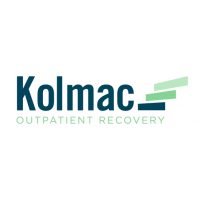
The facility name, logo and brand are the property and registered trademarks of Health Care for the Homeless - Downtown, and are being used for identification and informational purposes only. Use of these names, logos and brands shall not imply endorsement. RehabNow.org is not affiliated with or sponsored by Health Care for the Homeless - Downtown.


